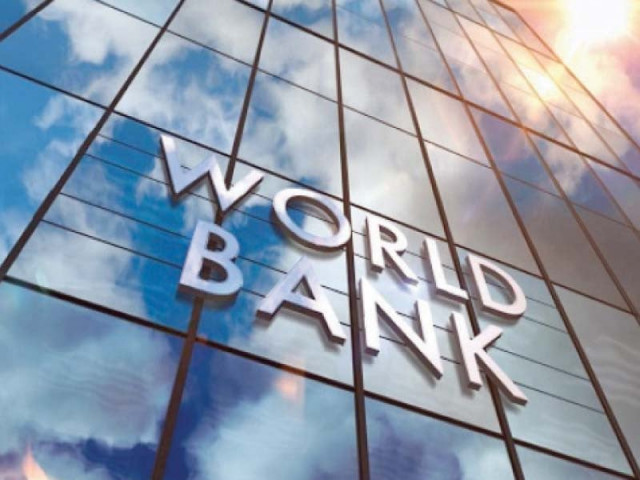World Bank approves $535m in loans to Pakistan
Funds aim to increase coverage, compensation under BISP, bolster climate resistance

The World Bank has approved $535 million in loans for Pakistan, including $400 million to increase coverage and compensation under the Benazir Income Support Programme (BISP). These loans have been approved for the Crisis Resilient Social Protection (CRISP) Programme and the Sindh Livestock and Aquaculture Sectors Transformation Project, according to a press statement issued by the local office of the Washington-based lender.
The social protection loan of $400 million is aimed at strengthening the country’s social protection system and building shock resilience among poor and vulnerable households. Similarly, the Sindh Livestock project will promote climate-smart and competitive small and medium producers in the livestock and aquaculture sectors in Sindh, according to the World Bank.
“The catastrophic floods that hit Pakistan in 2022 were a tragic reminder of the importance of building resilience to such disasters, including by strengthening both social protection and sectors that support economic growth and recovery,” said Najy Benhassine, World Bank Country Director for Pakistan. He added that it was imperative to help the vulnerable absorb climate shocks through innovative climate-smart technology and contingency planning.
The additional financing for CRISP ($400 million) will build on the programme’s ongoing efforts to equip Pakistan’s social protection system with the policy and delivery system foundations necessary for more effective and rapid responses to future crises. The programme will focus on longer-term policy actions to further improve the national cash transfer programme’s effectiveness, coverage, and federal-provincial coordination.
However, there has been criticism in Pakistan for taking foreign loans for disbursements among BISP beneficiaries. Critics argue that such needs should be met from the budget instead of borrowing in foreign currency. Out of the $400 million, the World Bank has given $130 million under its short-term maturity loan facility.
The government has also allocated a record Rs593 billion in the budget for the BISP, which is 26% higher than this fiscal year. The World Bank said that the $400 million loan would not only assist families in becoming more resilient to climate and economic shocks but also encourage the use of provincial capacities to take up a larger role in social assistance.
In its programme documents, the World Bank stated that the estimated lower-middle-income poverty rate in Pakistan has further inched up to 40.1% for the year 2023-24, virtually the same as the poverty rate in 2018, but with seven million more Pakistanis living below the poverty line. The lender has also emphasised transferring social protection responsibilities to provincial governments.
It stated that the provinces need to take up their delegated constitutional responsibility for social protection per the 18th Amendment. The 18th Amendment to the constitution delegated responsibility and authority for social protection initiatives to the provinces. While BISP was established prior to the amendment, federal vertical programmes such as Nashonuma and the previous Ehsaas initiative were subsequently introduced, despite these being within the scope of provincial responsibilities, according to the World Bank.
In addition to overlapping with provincial jurisdiction, the introduction of these programmes has also strained federal fiscal space. Provinces should be encouraged to gradually take on their constitutional responsibilities by progressively taking on the Nashonuma programme or integrating it with their own health and nutrition conditional cash transfer programmes, said the World Bank.
Under the loan conditions, Pakistan is required to further increase BISP coverage to about 9.8 million people. Currently, the BISP covers about 9.3 million families. The World Bank stated that approximately 500,000 eligible families registered in the national social registry have not been enrolled in the programme. These are likely to be poorer and more vulnerable than the average beneficiary. Standard recertification procedures need to be applied and “left out” eligible families need to be enrolled.
Livestock project
The World Bank also approved $135 million for all districts in Sindh to protect livestock. It said the project will directly benefit more than 940,000 farm families, including 930,000 livestock households and 10,000 aquaculture producers. The project also includes measures to ensure female farmers’ participation and narrow gender gaps.



















COMMENTS
Comments are moderated and generally will be posted if they are on-topic and not abusive.
For more information, please see our Comments FAQ